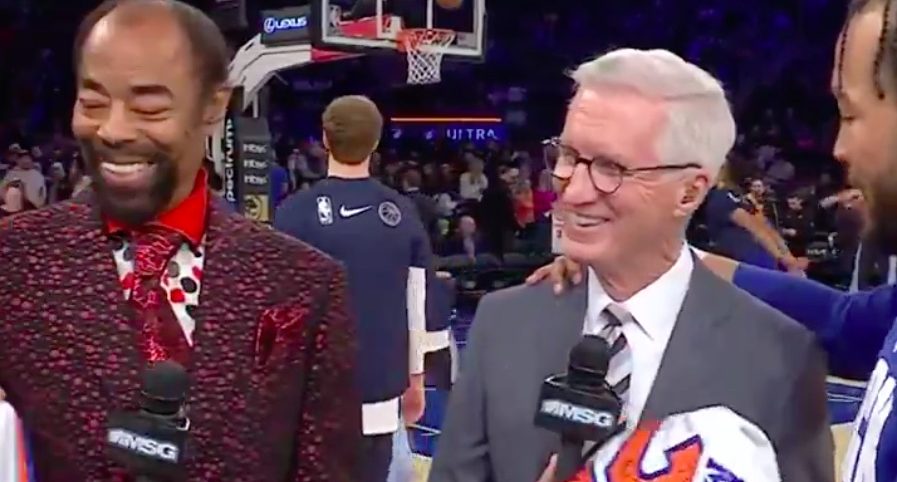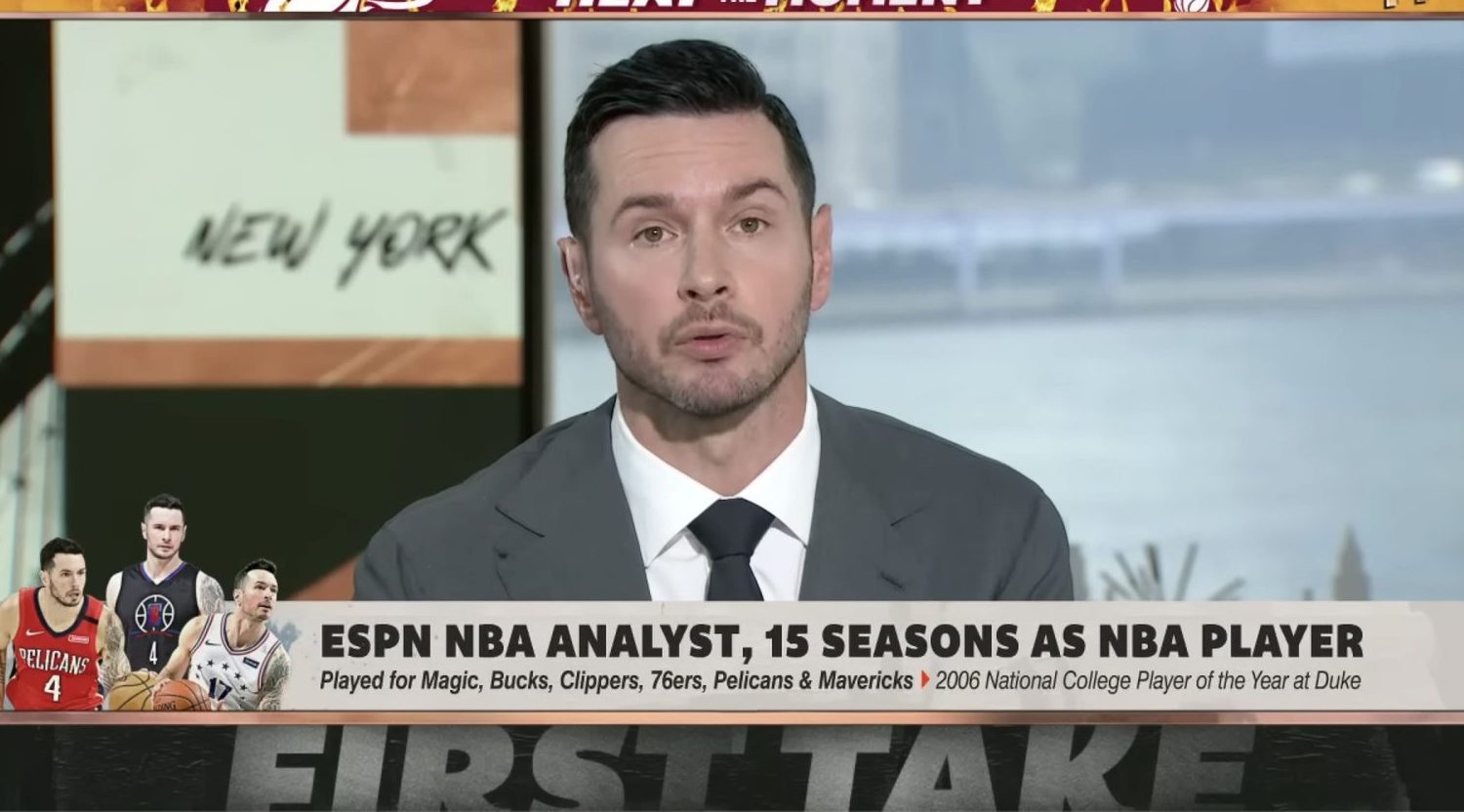Ed Note: The following appears courtesy our friends at The Student Section. Follow TSS on Twitter @TheStudentSect
There’s a line in Jurassic Park spoken by Jeff Goldblum’s character, Dr. Ian Malcolm, that goes, “Your scientists were so preoccupied with whether or not they could, they didn’t stop to think if they should.”
The same could apply to college football recruiting.
Monday, Rivals rolled out to the public knowledge that they’d be tracking their recruits as far back as SIXTH GRADE, prompting all sorts of emotions from college football fan nation.
On the humorous side, we’re probably not that far from kids using Rivals’ star ratings as a means of getting dates to the chaperoned dance. Most of us were just good at suffering through plastic school lunches at sixth grade age.
“Hey, Kimmie, my mom said she’ll drop us off at Dairy Queen to get an ice cream while she waits out in the car. I know you’re going out with Billy, but he’s like 2-stars on Rivals. I’m a 4-star. Seriously.”
On the deeper side of it, it’s gotten pretty scary how quickly we ask kids to grow up these days, and there has to be a line that shouldn’t be crossed. Back in the day (yes, old man talk), you played everything you could because … why not? Now, kids are expected earlier and earlier to pick something and — if they’re good at it — burn themselves out on that one sport.
For parents, what to make of this tripe? On one hand, you say, “No way in hell.” On the other, you’ll find parents who say, “If my kid declines to be a part of this sort of thing, am I costing him/her something because they’ll just go to the next family that will be okay with it?”
Therein lies the rub. Certainly, there had to be someone who stood up in the Rivals boardroom and said, “Is this really the route we want to go?”, and was overruled.
At any rate, it’s fair to ask where the line is in the midst of exploitation, youth, and money, and at what point — ethically — is it not worth it… even if there’s a market for it.
“I don’t know where exactly the line is, but I know when it’s been crossed.”
On the other hand, it’s the job of the consumer to prohibit that line from being crossed by ignoring it and not becoming a part of the problem… because “whether or not we should” as opposed to “whether or not we can” seems fairly obvious.








Comments are closed.